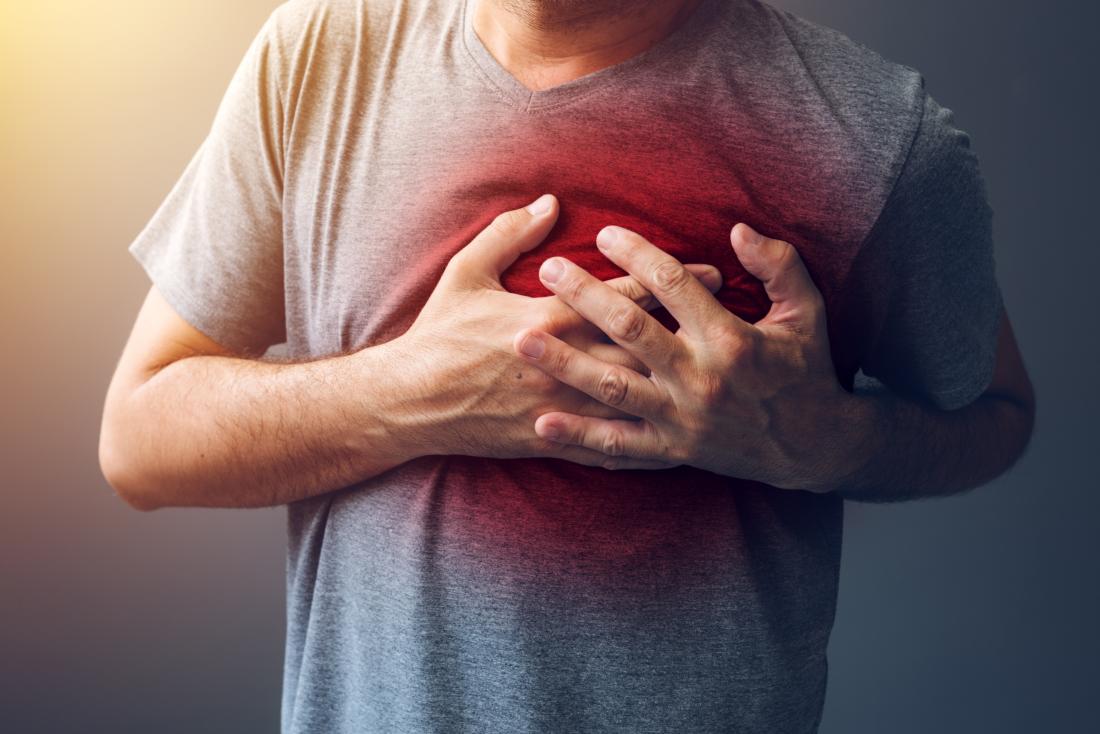Has a change in eating habits taken a toll on your digestion during the lockdown and work from home? Has the occurrence of acidity, bloating, and constipation rose more than ever?
Symptoms of indigestion may involve painful abdominal fullness after eating, or you may have upper stomach pain or burning sensation.
Indigestion is a sign of other stomach disorders, such as ulcers, gastritis or acid reflux, rather than a disease.
Dr Gaurav Kapur, who is associated with Lifeline Gastroenterology & Hepatology, Centre shares with HealthWire Media about everything you need to know about Indigestion.
How to deal with Indigestion?
Indigestion, if persists for long time, needs physician consultation. However, minor and occasional indigestion, can be managed with lifestyle modification.
As one of the most common conditions, indigestion can be caused by many factors which include over-eating, stomach infections, ulcers, acidity, smoking, alcohol, thyroid, irritable bowel syndrome, excess consumption of fatty or spicy foods, and stress, among others. It is imperative to understand the condition and choose treatment for the same.
Symptoms Of Indigestion
Indigestion could be due to stomach (acid), Liver or pancreas related issues. Sometimes gall bladder stones also present with indigestion like issues.
One or more of the following symptoms can affect people with indigestion:
- Early fullness during a meal– You have not eaten much of your meal, but you already feel full and will not be able to finish feeding.
- Unpleasant fullness– Fullness lasts longer than it should after a meal.
- Upper abdominal discomfort– In the region between the bottom of your breastbone and your navel, you experience moderate to extreme pain.
- Burning in your upper abdomen– Between the bottom of your breastbone and your navel, you experience an unpleasant heat or a burning feeling.
- Bloating in the upper abdomen– Due to a buildup of gas, you experience an unpleasant feeling of tightness.
- Nausea– You feel like vomiting is what you want.
What diet changes should one make while dealing with indigestion?
- If you are overweight, consider losing weight.
- Consume your meals every day at a set time to eliminate too much snacking
- Restrict consumption of herbs, unhealthy fats, tea or coffee (not more than 2 cups a day), carbonated beverages, and any item defined by the patient as regularly troublesome.
- Avoid using tobacco in any form.
- Moderation, or no use of alcohol (remember, wine and beer have lower alcohol content but can be as troublesome)
- Do not eat until you have a full stomach and have dinner a few hours before bedtime
- Do not lie down after any meal for at least 2 hours.
Activities Or Exercise To Avoid Indigestion
Aerobic exercises to keep your gut healthy and Yoga and meditation to keep stress levels down as stress worsen indigestion.
What are the warning signs that need urgent medical attention?
Loss of weight, loss of appetite, blood vomiting, drop in haemoglobin ( Anemia), inability to swallow food, black coloured stool, jaundice or feeling of a lump or a mass in the abdomen and any indigestion in elderly ( >50) Individuals needs urgent medical attention.











